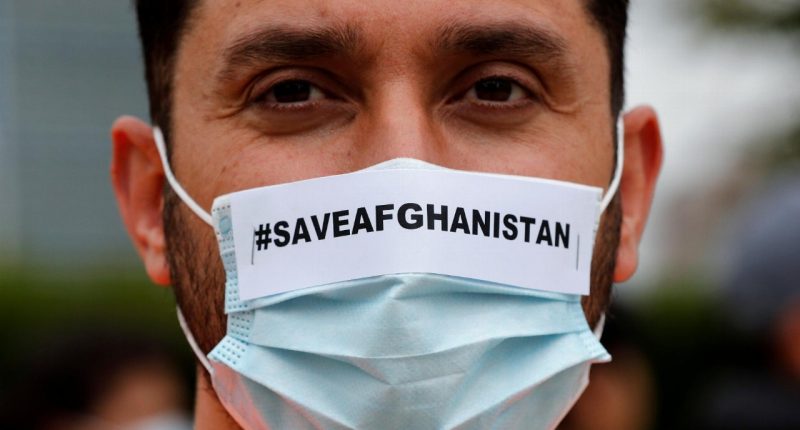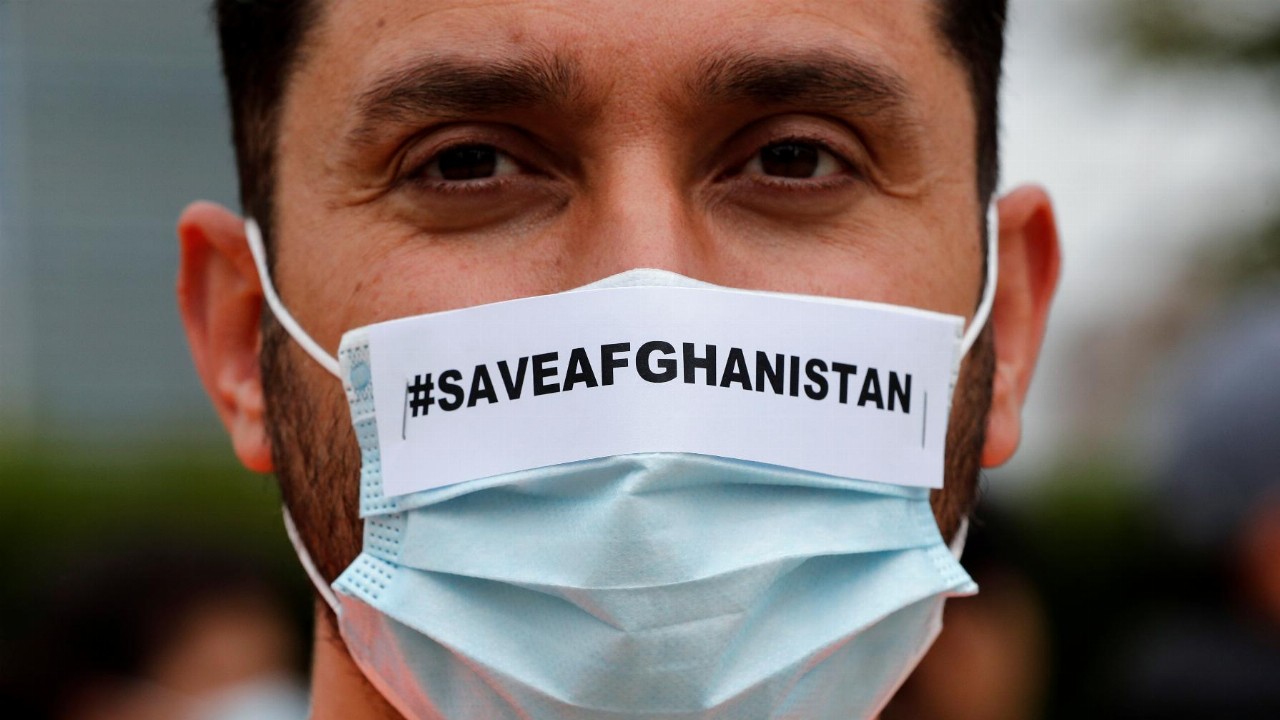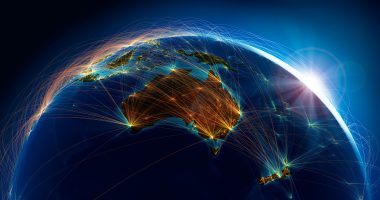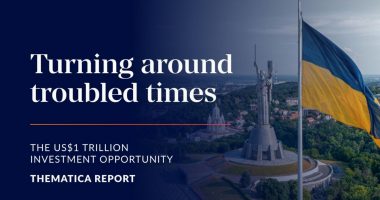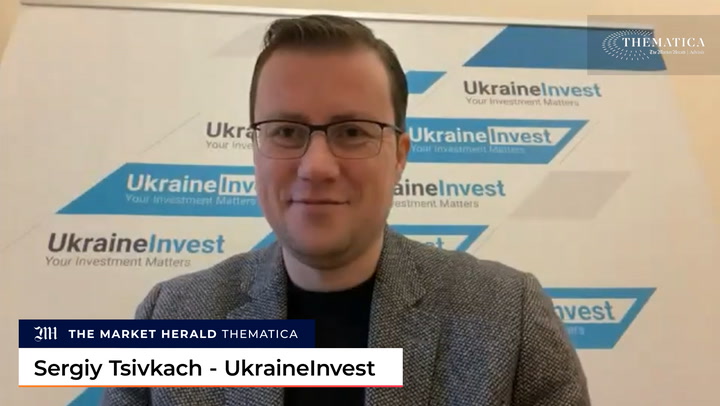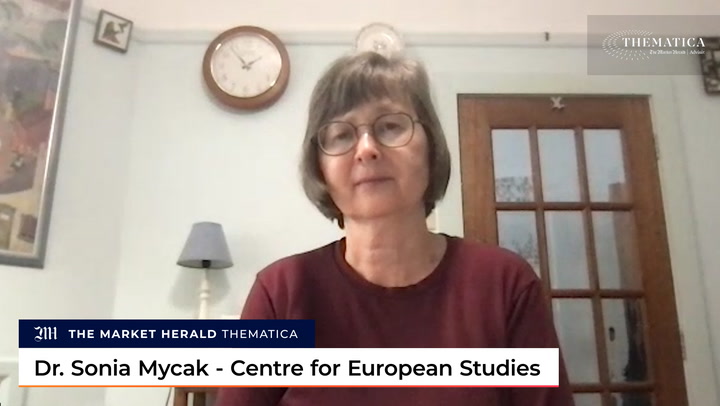- The IMF has suspended Afghanistan’s access to resources due to a lack of clarity over the country’s government after the Taliban seized control
- On Monday, the IMF is due to complete a US$650 billion (A$900 billion) allocation of SDRs to its 190 member countries
- However, even if the Taliban were to gain access, it’s unlikely that the reserves could be exchanged for real currencies
- Taliban fighters are preventing people from reaching the airport in Kabul, and US President Joe Biden says troops will remain in the country until all Americans have been evacuated
The International Monetary Fund (IMF) said on Wednesday it had suspended Afghanistan’s access to resources, including around US$440 million (A$610 million) in new monetary reserves, due to a lack of clarity over the country’s government after the Taliban seized control earlier this week.
The decision comes off the back of pressure from the US Treasury, which holds a controlling stake in the Fund, to ensure that Afghanistan’s share of a Special Drawing Rights (SDR) reserves allocation — scheduled for Monday — does not fall into Taliban hands.
“There is currently a lack of clarity within the international community regarding recognition of a government in Afghanistan, as a consequence of which the country cannot access SDRs or other IMF resources,” a spokesperson for the IMF said in a statement.
“As is always the case, the IMF is guided by the views of the international community.”
In 2019, the IMF suspended Venezuela’s access after more than 50 member countries, representing a majority of the Fund’s shareholding, refused to recognise President Nicolas Maduro’s government following his disputed re-election.
It also suspended dealings with Myanmar after the military seized power in February.
On Monday next week, the IMF is due to complete a US$650 billion (A$900 billion) allocation of SDRs to its 190 member countries in proportion to their relevant interests in the Fund. The plan is aimed at boosting the coffers of poorer nations that have been severely impacted by the pandemic.
The IMF is expected to allocate 310 million SDRs on Afghanistan’s behalf, valued at around US$440 million (A$610 million) based on Wednesday’s SDR exchange rate.
Even if the Taliban were to regain access to the SDRs, it’s unlikely that they’d be able to spend those resources since it would require another country to exchange the SDRs for underlying currencies. Such a transaction would likely be blocked by long-standing US financial sanctions against the group.
And while the country’s central bank has nearly US$10 billion (A$13.86 billion) in assets, both Afghan and US officials say the vast majority are held outside of the country, beyond the Taliban’s reach.
On Tuesday, White House national security adviser Jake Sullivan said it was still too soon to determine whether the United States would recognise the Taliban as the legitimate governing power in Afghanistan, citing a “chaotic situation in Kabul.”
Armed members of the Taliban continue to keep people from reaching the capital city’s airport, while US President Joe Biden vowed to keep troops in the country until all Americans have been evacuated.
“It’s a complete disaster,” said one person who was trying to get through. “The Taliban were firing into the air, pushing people, beating them with AK47s.”
Roughly 150 kilometres east of Kabul, in Jalalabad, at least three people were killed in anti-Taliban protests on Wednesday. According to two witnesses and a former police officer, Taliban fighters opened fire when residents tried to install Afghanistan’s national flag at a square in the city, killing three and injuring more than a dozen.

